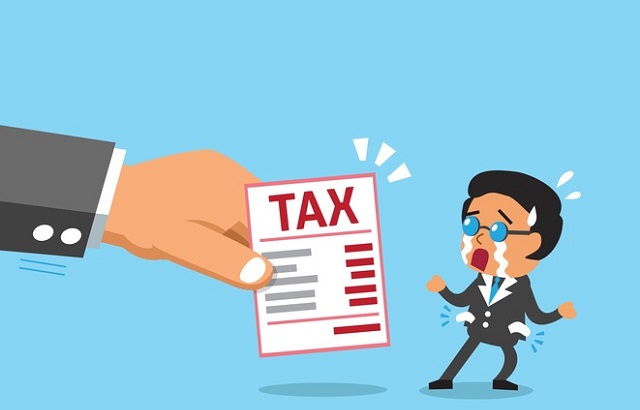Thousands of people in the UK are at risk of being hit with huge tax bills when they enter drawdown, insurance provider NFU Mutual has warned.
The firm analysed data from the Financial Conduct Authority (FCA) showing that in 2020-21 around 15,296 pension pots worth more than £50,000 ($66,144, €58,500) were fully withdrawn.
Worryingly, 61.3% of those who cashed out did so without seeking financial advice, up from the 58.9% of the previous year.
A similar trend was also registered for pots of £100,000 or more, where six-in-10 were withdrawn without advice, an increase from 56% in 2019-20.
Sean McCann, financial planner at NFU Mutual, said the rise in the number of people cashing in their pots in full without financial advice is worrying because retirees might end up with huge tax bills as a result.
This is because pensioners who cash in large pots in one go risk paying income tax at 40% or even 45% on part of their withdrawal, as well as losing inheritance tax protection.
Making withdrawals without advice can lead to a potential double tax whammy for savers.
Last resort
McCann added: “Those cashing in large pension funds not only risk a large income tax bill, they also lose the favourable tax treatment on any future growth as well as exposing the money to a potential inheritance tax charge.
“Some cash in their pension funds without a clear idea of what they plan to do with the money, often putting it into a bank account. Although it sounds counter-intuitive, for those that can afford to, pensions should be the last investment they access in retirement, because of the protection they offer from inheritance tax.
“It’s concerning that more people are fully cashing in large pension pots without taking advice first. If investors are concerned about market volatility, talking to their pension provider about lower risk funds may help them avoid an unnecessary tax bill.”








